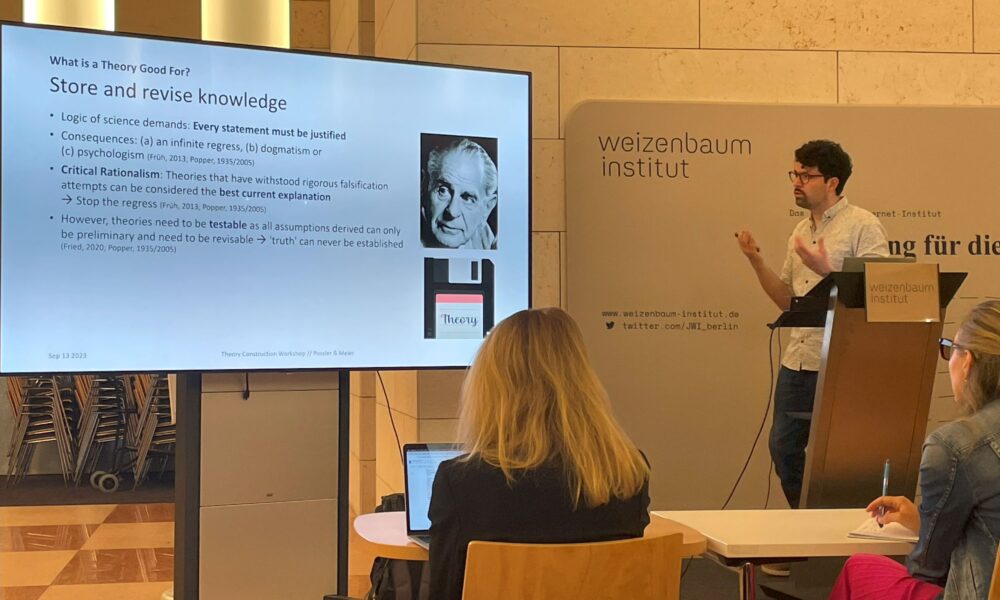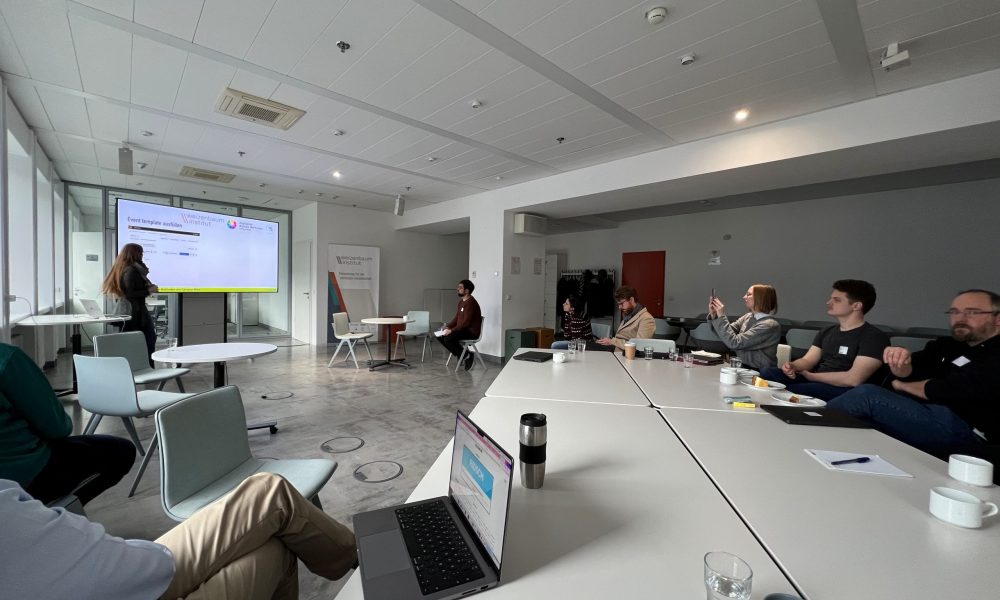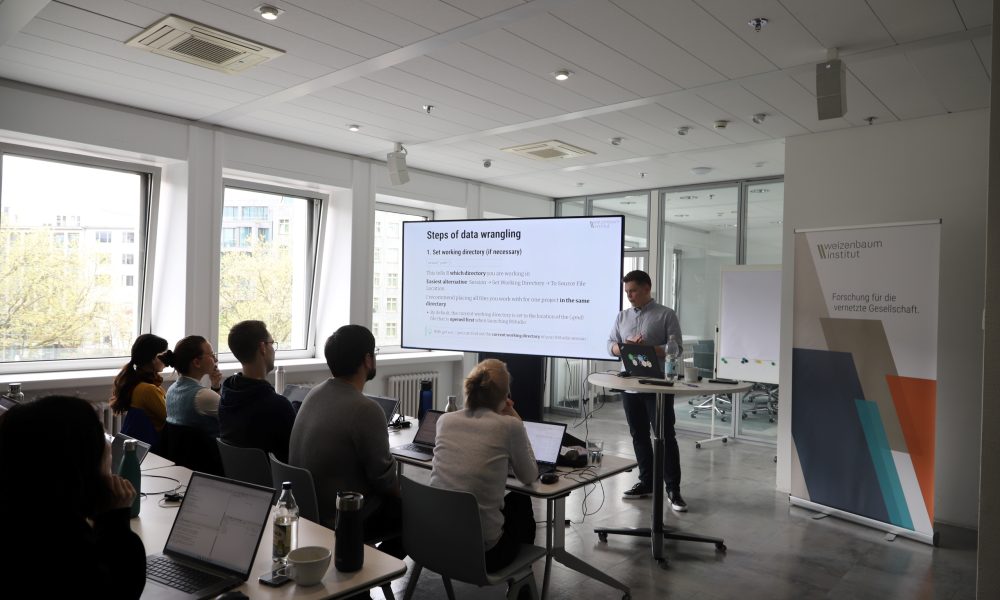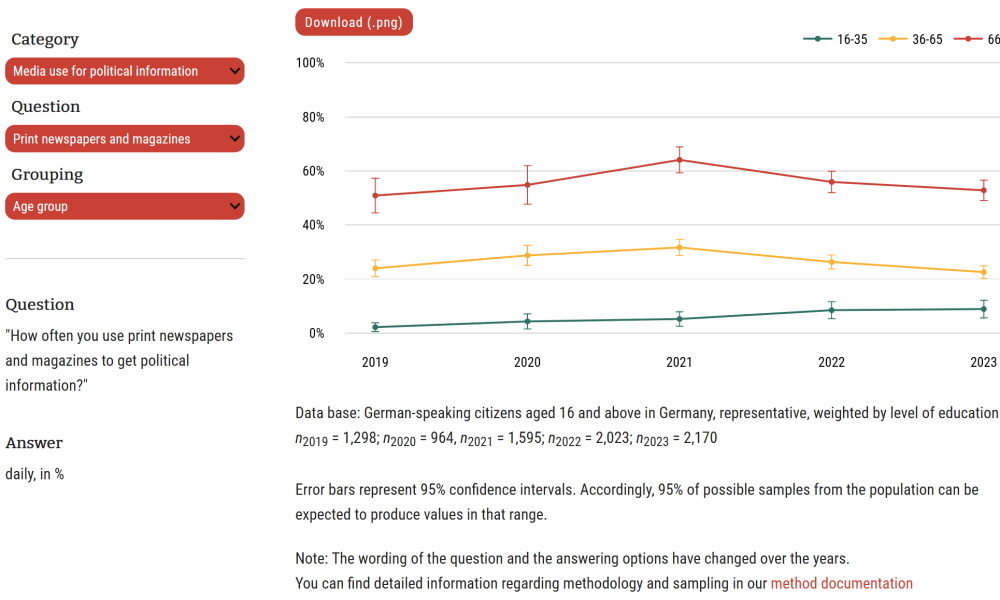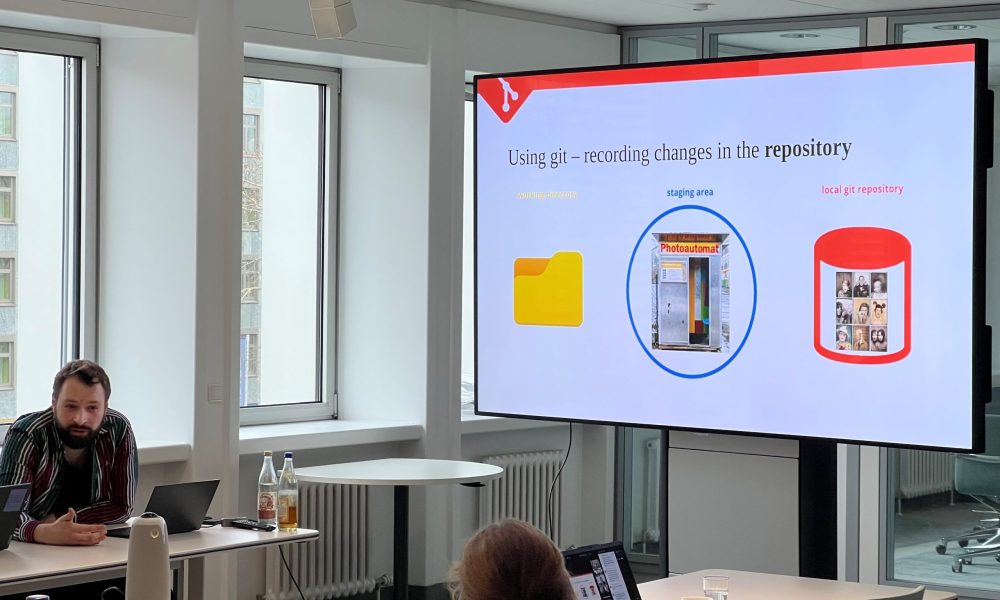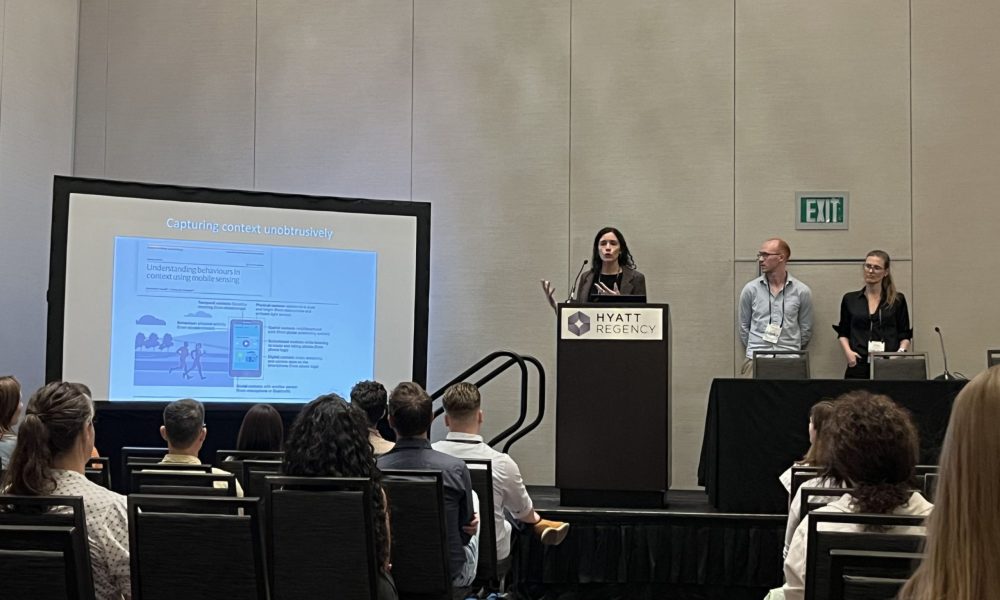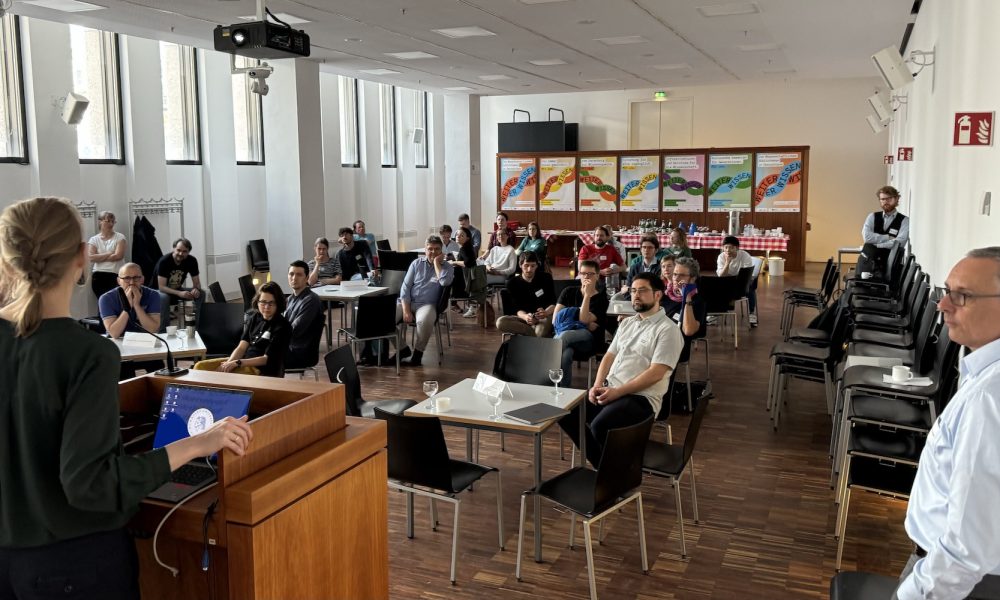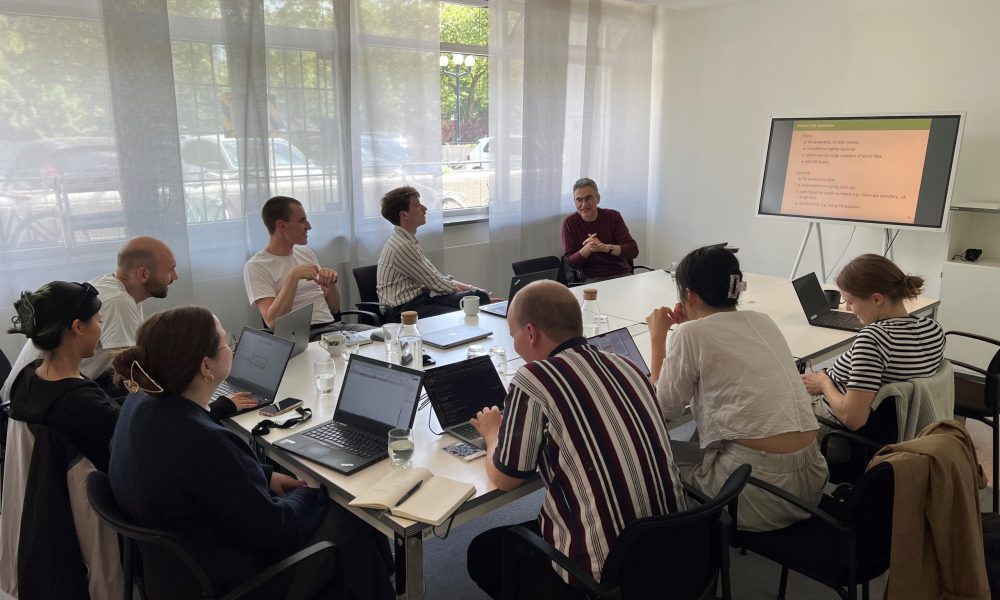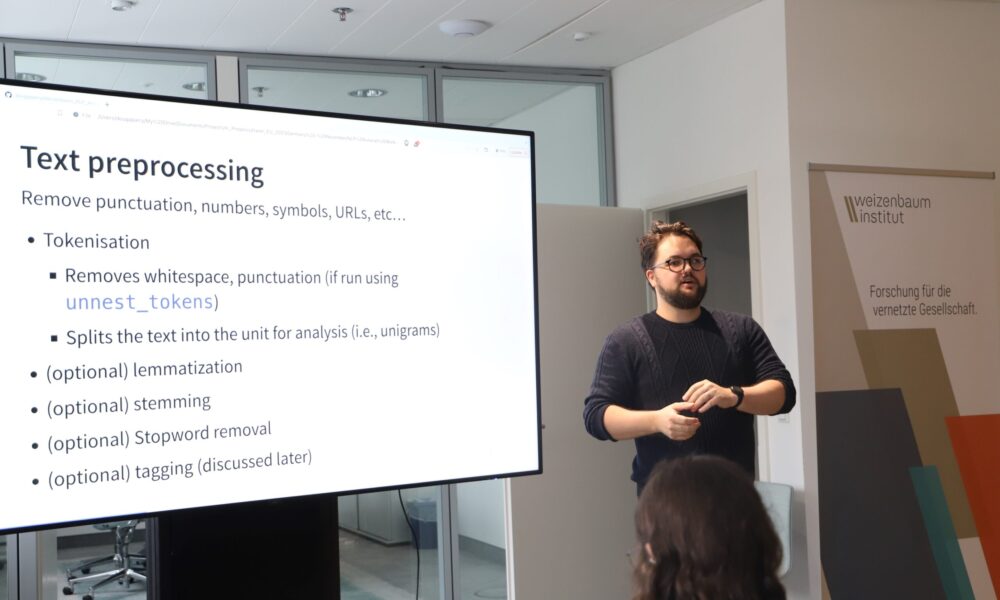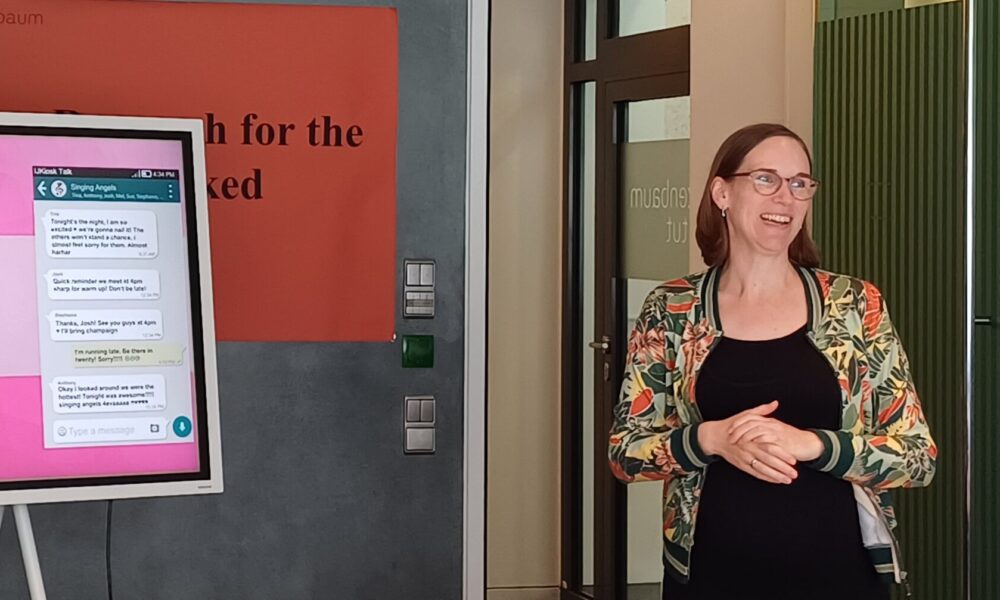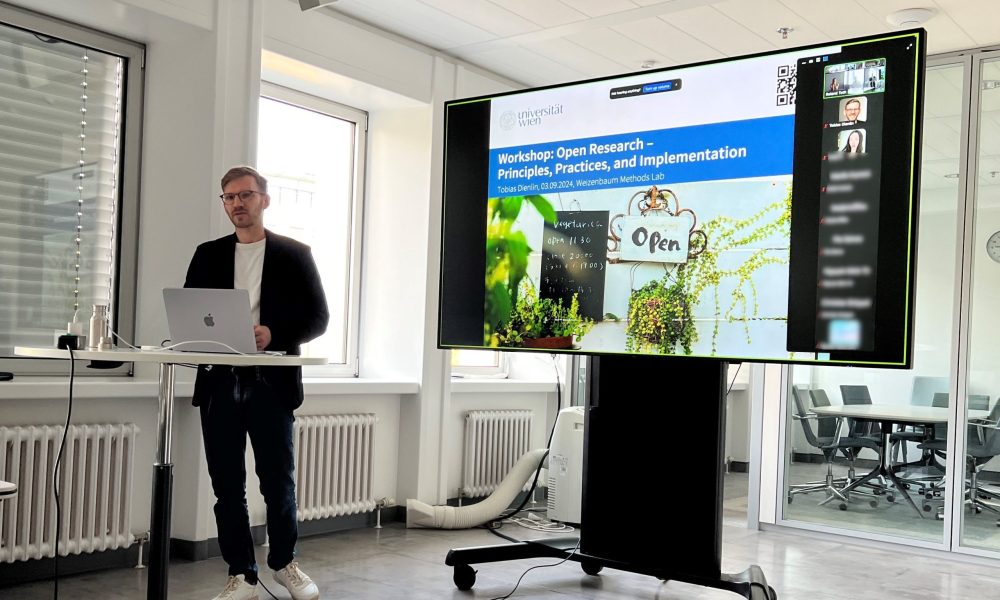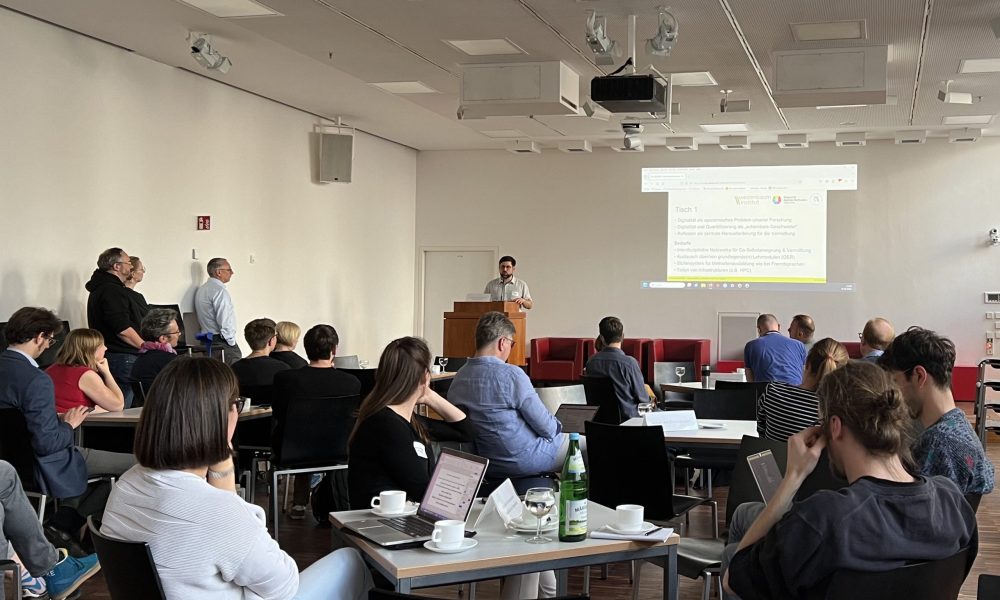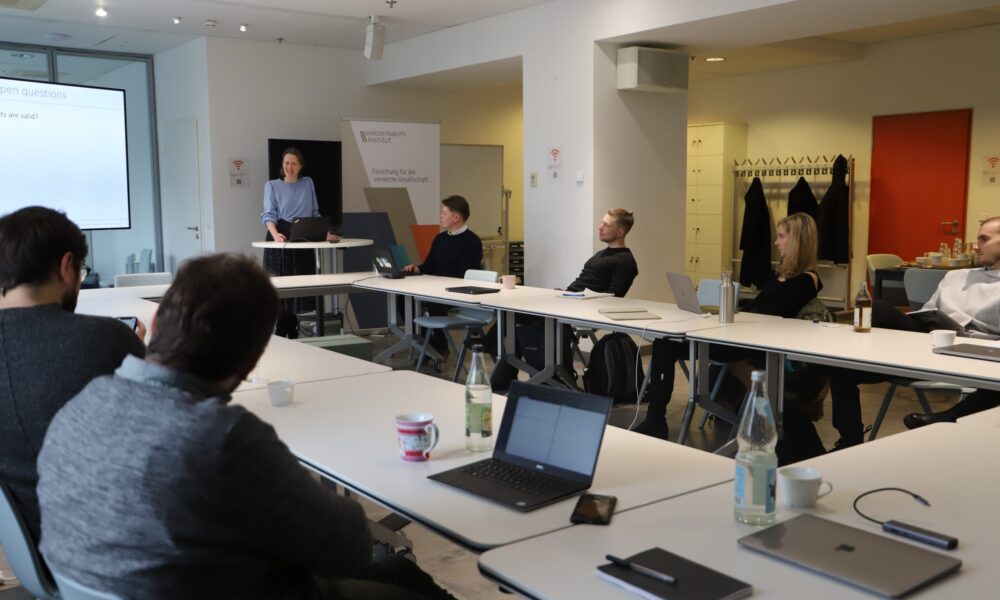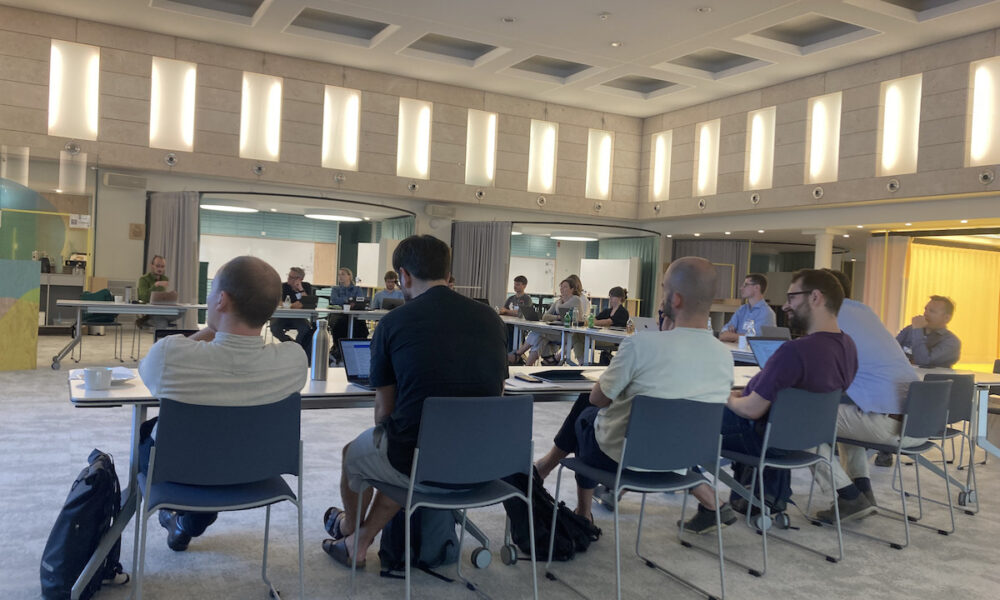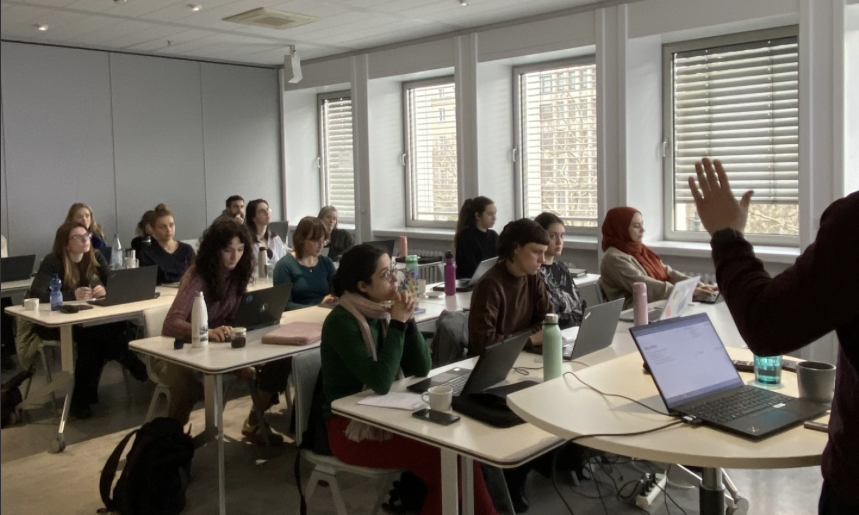The Methods Lab is the central unit for supporting, connecting, and coordinating the methods training and consulting at the Weizenbaum Institute. Besides assisting ongoing research projects of the research groups and units, the lab also conducts methods research and develops tools for the collection and analysis of digital data.
Latest Blog Posts
- Tool Presentation: OpenQDAOpenQDA is an accessible and easy-to-use alternative to the qualitative data analysis tool MAXQDA, which can often feel complicated, individualized, or expensive. It is being developed by our colleagues at ZeMKI at the University of Bremen. It offers functions similar to MAXQDA, but is free, open-source, web-based, and designed to […]
- New publication: The quality and quantity of mobile media useIn a world where smartphones are rarely out of reach, the conversation around mobile media use has long centered on one metric: screen time. But what if the real story isn’t about duration, but about how we use these devices? The Methods Lab is proud to share a new publication […]
- Workshop Recap: Scientific Data VisualizationOn December 4th, 2025, Dr. Ansgar Hudde led an online workshop on Scientific Data Visualization for the Methods Lab, examining the principles, possibilities, and responsibilities involved in communicating data effectively. He opened by highlighting the influence of visualizations in scientific research and how design choices can carry subtle, persuasive, and […]
- Call for Contributions: “Data, Archives, & Tool Demos” at the 2026 DGPuK Annual ConferenceThe Methods Lab is excited to announce that the “Data, Archive & Tool Demos” special session will return at the 2026 DGPuK Annual Conference in Dortmund. The event will be co-organized by Methods Lab lead Christian Strippel with Johannes Breuer, Silke Fürst, Erik Koenen, Dimitri Prandner, and Christian Schwarzenegger, in […]

